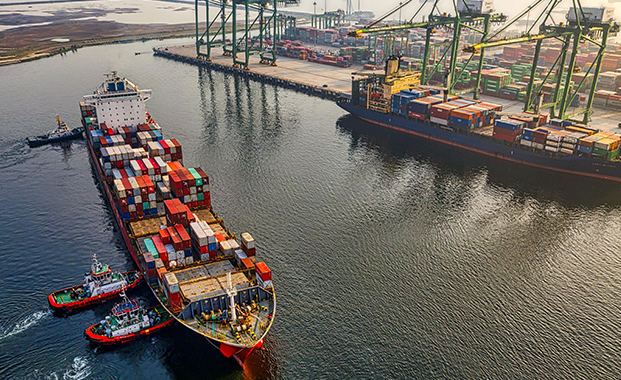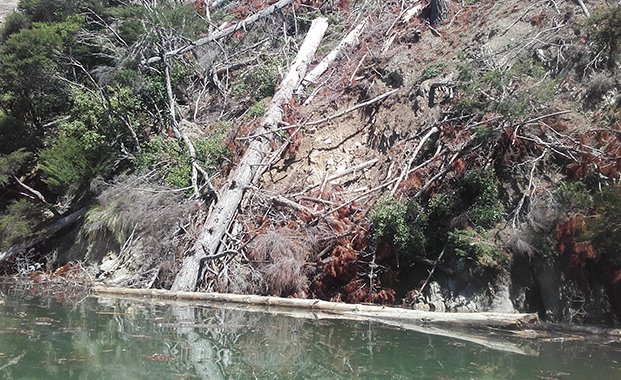NZ behind Ireland in building green credentials
06 May 2021 | Research News
New Zealand is slower than Ireland to implement important agricultural industry programmes such as the measurement of farm-level carbon footprints, new Lincoln University research has found.
Agribusiness Management Senior Lecturer Dr Nic Lees spent three months in Ireland looking at the Irish Origin Green, which claims to be the world's first national level, third-party verified sustainability programme and brand for agriculture.
As part of the programme, farm-level carbon footprints and other sustainability measures have been available to Irish farmers since 2011.
In contrast, New Zealand is only beginning to implement a comprehensive farm-level carbon footprint measurement system.
“This means it is not possible to give feedback to individual farmers on how their management practices affect their carbon footprint, or to demonstrate progress,” Dr Lees said. “Furthermore, it limits the ability for the data to be aggregated to the industry level.
“This prevents the New Zealand agricultural industry from validating its sustainability credentials and demonstrating progress in reducing on-farm emissions.”
He said New Zealand also lagged behind Ireland in areas such as quality assurance, and in traceability, only now being addressed as a result of the recent outbreak of Mycoplasma bovis.
“New Zealand has only recently developed a single quality assurance scheme for the red meat sector and New Zealand's National Animal Identification and Traceability scheme (NAIT) has been shown to have significant weaknesses and to have been poorly implemented.”
He said Origin Green provided valuable lessons for the New Zealand beef industries in terms of its efforts to verify and communicate its sustainability credentials. It also has relevance to the wider New Zealand food industry.
“Origin Green shows the opportunity for a national sustainability brand that not only focuses on the beef sector but brings together multiple stakeholders across all New Zealand's food industries. In doing this, New Zealand can take the lead in establishing its position as a niche food producer based on sustainable farming practices.”
He said there were repeated calls from a variety of stakeholders for a New Zealand version.
“However, to date, there has been little progress in achieving this.
“One of the challenges identified is that New Zealand has no equivalent agency to Bord Bia (the Irish Food Board), that can provide cross-sector leadership on the issue. Promotion of New Zealand food exports is undertaken primarily by individual companies, industry organisations and a number of government agencies with limited overall co-ordination.
“Without leadership, New Zealand is likely to continue to struggle to introduce the necessary industry-wide food strategy or respond to the repeated calls for a sustainable New Zealand country brand,” Dr Lees concluded.


